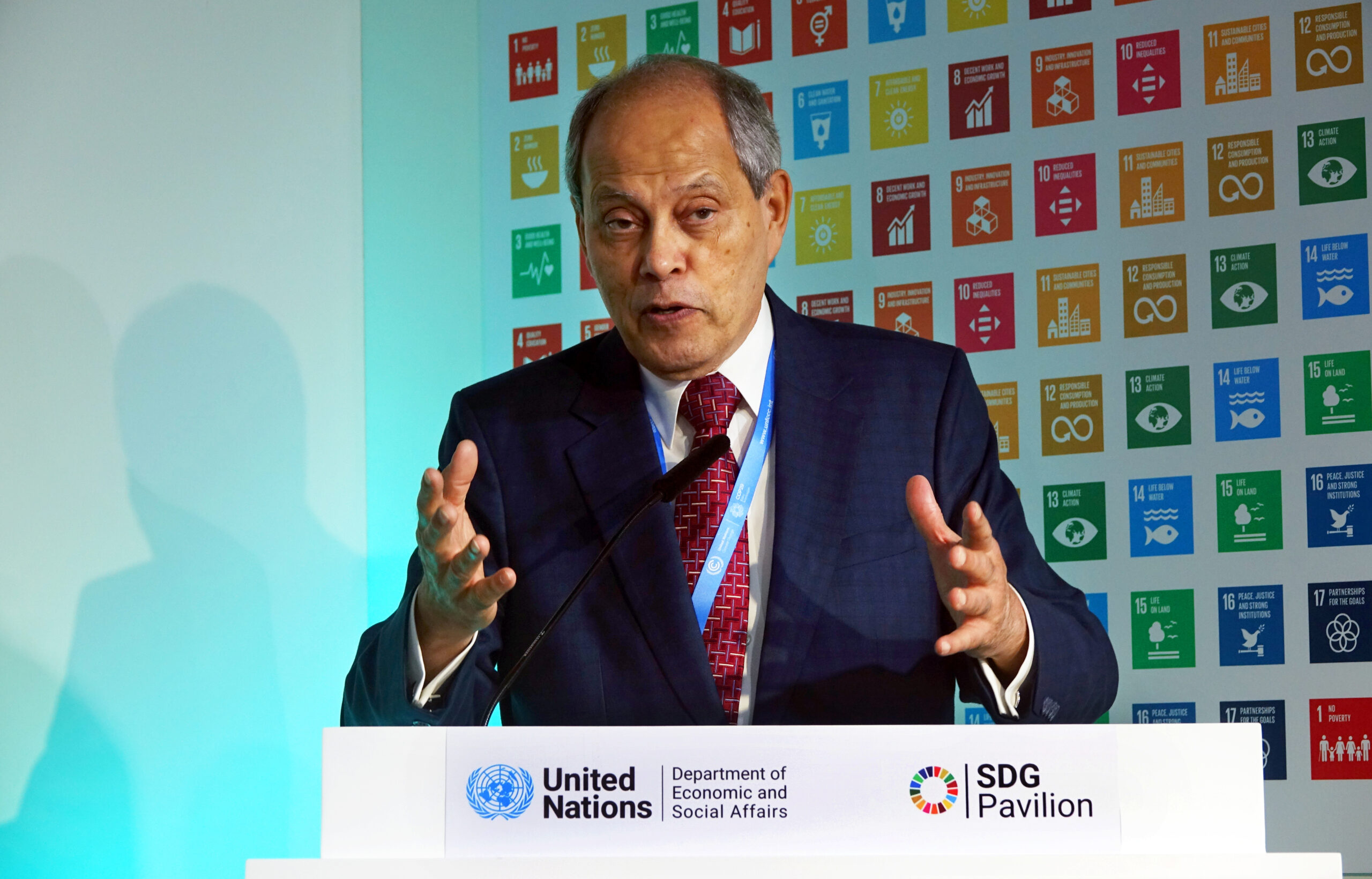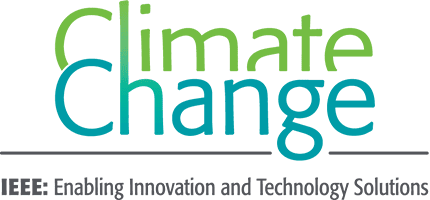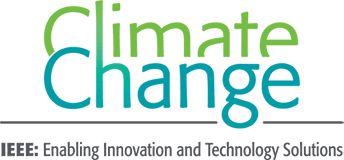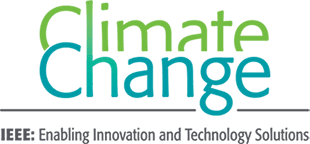NOTE: The views expressed here are solely those of the author and/or interview subject and do not represent positions of IEEE. Some references may require subscription to access content.
At COP29, held in November 2024 in Baku, Azerbaijan, IEEE made contributions at a series of events. Representing a global community of engineers, computer scientists, and technologists, IEEE demonstrated how technology can bridge the gap between vision and actionable climate solutions.
2024 IEEE Past President Saifur Rahman participated in several key side events during COP29, each addressing different aspects of climate action.
The Green Digital Action Plan
Organized by the International Telecommunications Union (ITU), a United Nations specialized agency for information and communication technologies, this event focused on advancing green digital access as a vital step in sustainable development. Rahman spoke about IEEE’s contributions to digital sustainability. He emphasized how green digital technologies could accelerate the shift toward low-carbon economies, a message that resonated with ministers, ambassadors, and corporate leaders in attendance.
IEEE’s position as a trusted voice focused the session on aligning digital innovation with climate goals.
Climate Change Mitigation in Small Island States
This event, organized by the World Federation of Engineering Organizations (WFEO), centered on challenges faced by small island states in mitigating and adapting to climate change [ 1 ]. Rahman’s talk focused on the role of renewable energy and energy efficiency in reducing CO2 emissions. He also highlighted IEEE’s Climate Change Program, offering practical, technology-driven pathways to climate resiliency.
Developing Green Skills for Young Professionals
In a session co-organized by multiple Indian and international organizations, Rahman addressed the importance of empowering young technologists in developing countries. His talk underscored the need for green skill development to accelerate the adoption of climate-friendly technologies. IEEE has an active program among its young professional members focused on issues related to climate change, the IEEE Young Professionals Climate and Sustainability Task Force (CSTF). Rahman says that IEEE is keen to engage with the next generation that is interested in renewable energy and sustainability.
Intergenerational Dialogue for Climate Action
In a youth-led discussion organized by the United Nations Department of Economic and Social Affairs, Rahman presented IEEE’s approach to clean-tech solutions and the value of intergenerational collaboration. By leveraging its global network, IEEE can help align technological advancements with policy priorities, ensuring a cohesive response to climate challenges.
Toward a Skills Pledge for Tripling Renewables
This session, hosted by the International Renewable Energy Agency (IRENA), focused on the workforce required to meet renewable energy targets. Rahman highlighted the need for international collaboration in attracting and training technologists. He also emphasized IEEE’s unique global presence in over 190 countries, enabling knowledge transfer and workforce development for the renewable-energy sector.
Bridging Finance and Technology
While much of the COP discussions focused on financing climate action, Rahman emphasized that money alone is not enough. “Money is there, but if there is no viable technical plan, what’s the point?” he remarked. IEEE’s role is to help ensure that investments are informed by actionable technological plans, such as deploying energy-efficient systems or developing renewable-energy projects.
Global Reach and Trusted Expertise
With active sections in over 350 cities worldwide within ten global regions, IEEE is uniquely positioned to act as a bridge between policymakers, technologists, and local communities. This global footprint allows IEEE to provide unbiased technical information—an essential quality in a field where mistrust of commercial interests often hinders progress.
A Vision for the Future
Looking ahead, IEEE is preparing for COP30 in Brazil where the program will focus on indigenous communities and sustainable energy solutions. By integrating local knowledge with cutting-edge technologies, IEEE aims to participate by helping to bridge the gap of creative and inclusive technology models that impact climate resilience.
As Rahman concluded, “Technology isn’t just about tools; it’s about creating pathways to a sustainable future.” Through its participation in COP events and its broader initiatives, IEEE continues to demonstrate how engineering and innovation can drive meaningful climate action.



